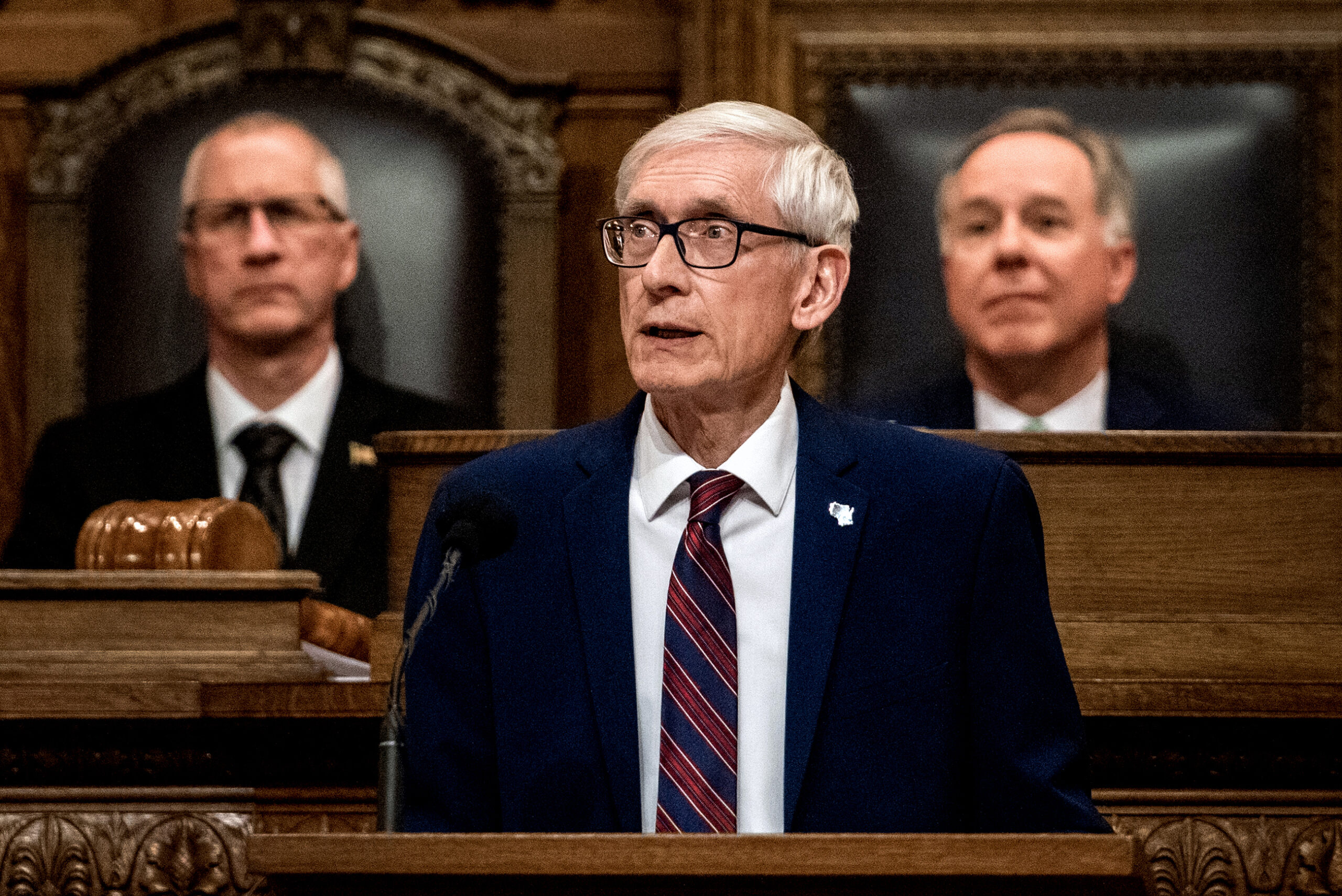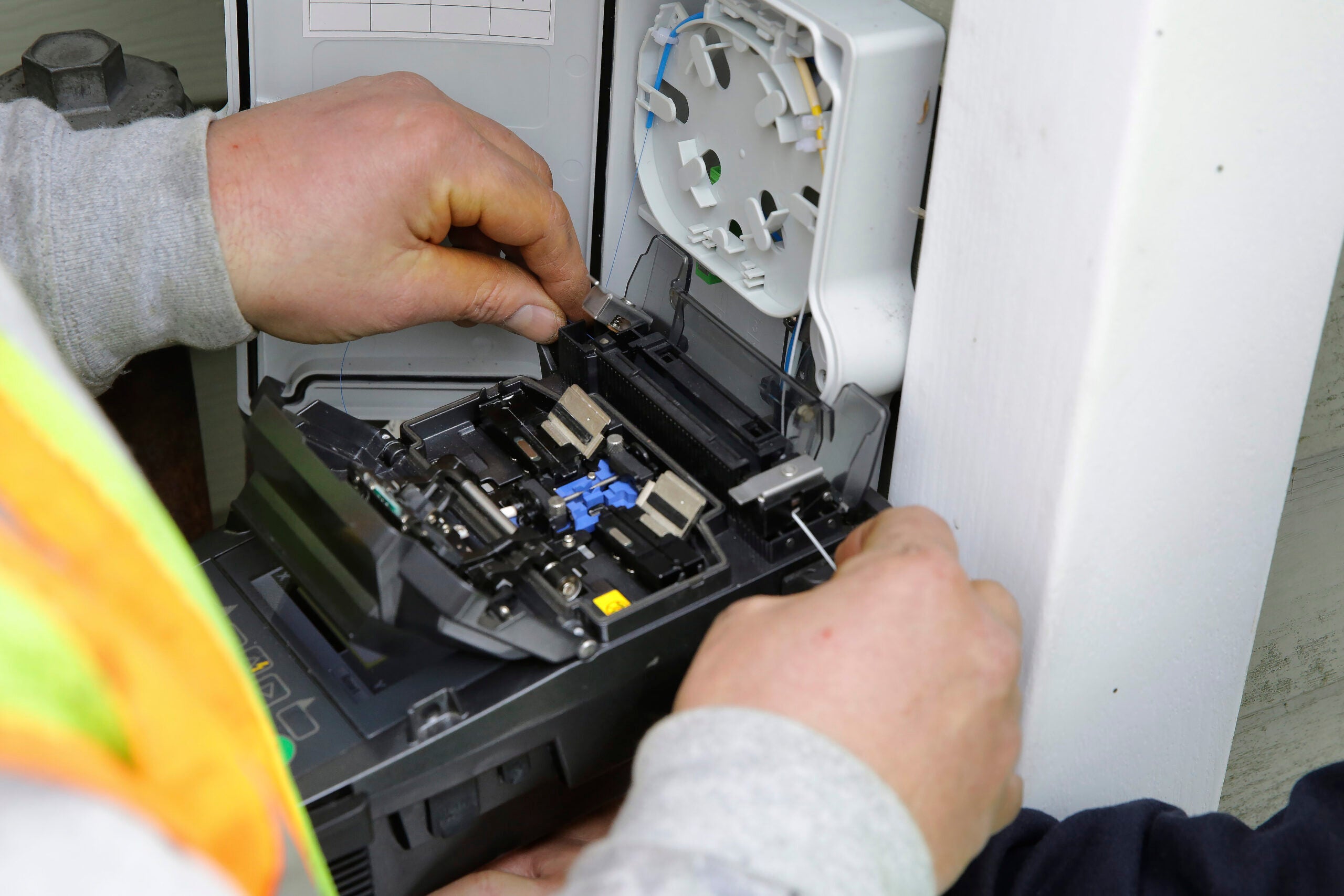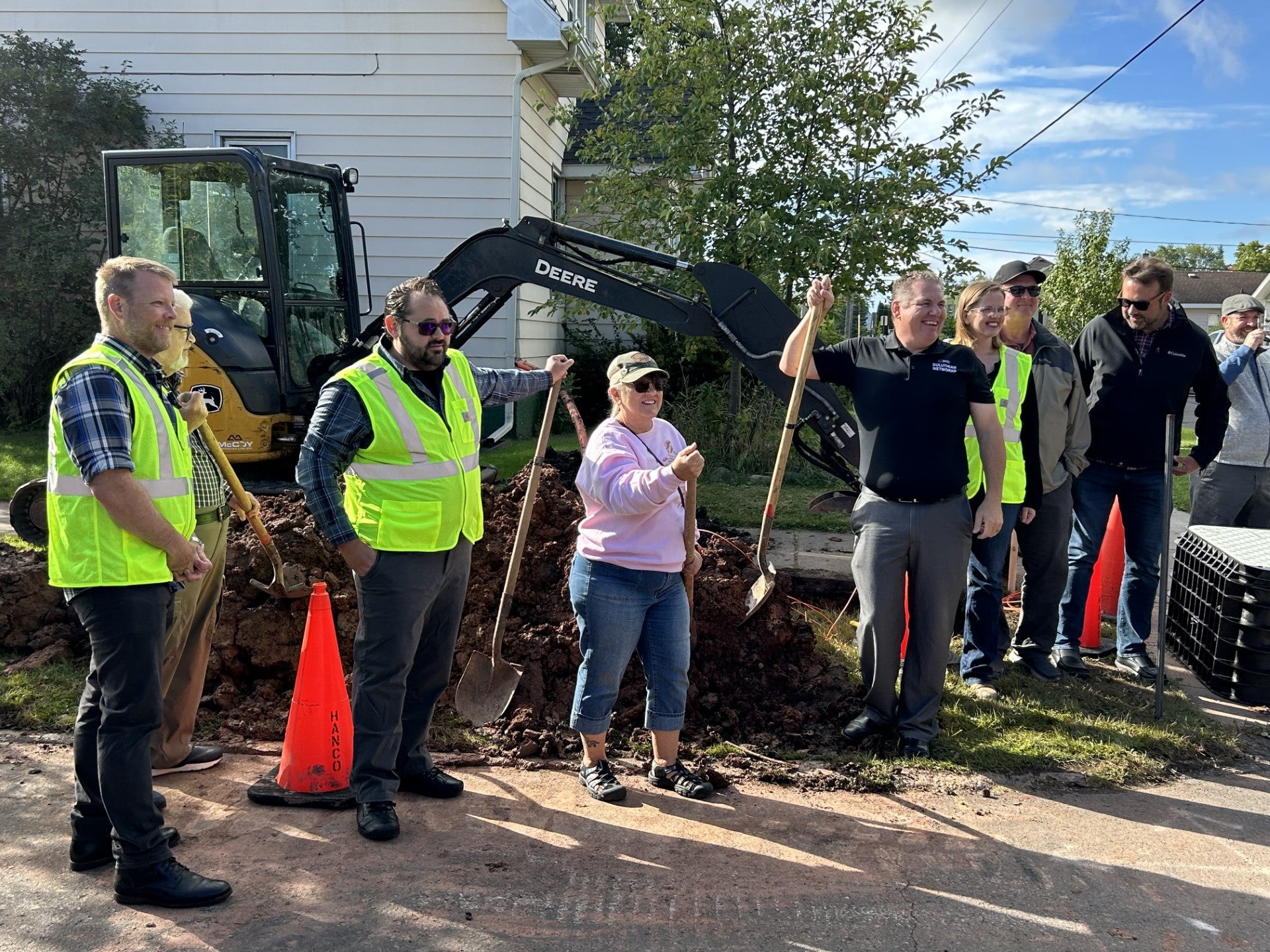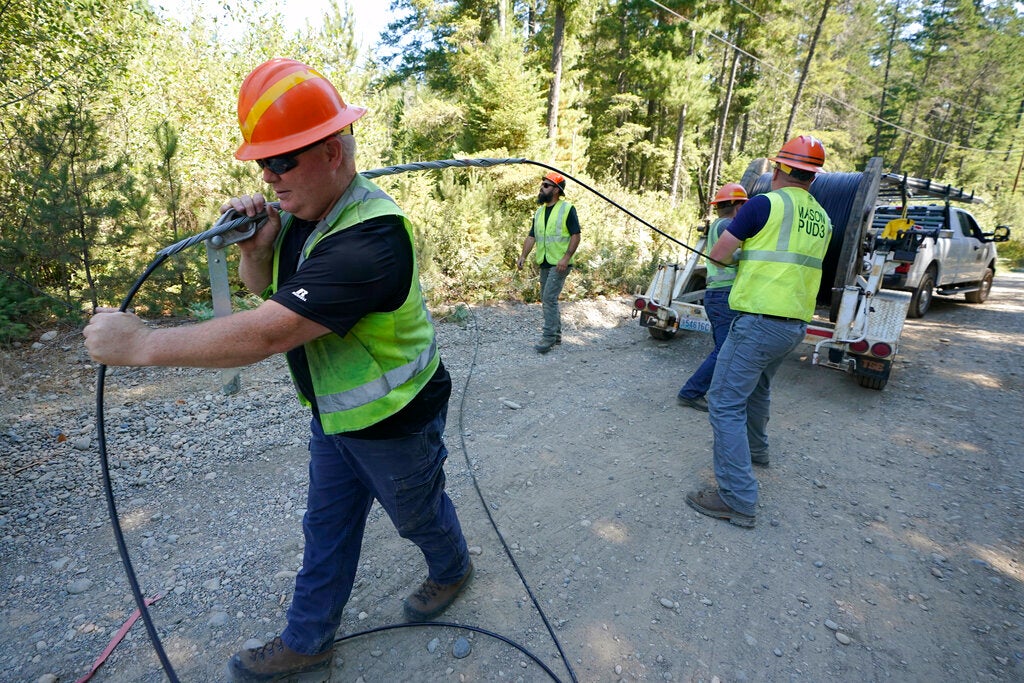As Wisconsin lawmakers consider expanding aid for high-speed internet this year, one island community is undertaking a pricey effort to connect its residents with miles of fiber cable.
The project is expected to cost about $6 million, or the equivalent of about $8,500 for each of Washington Island’s 700 year-round residents. At the northern tip of Door County, the island is a popular tourist destination and only accessible by ferry.
In October, a Washington Island school became the first recipient of high-speed internet using the new fiber optic network. An entire classroom of students can now use internet-connected devices. Residents and businesses are next in the project’s queue.
News with a little more humanity
WPR’s “Wisconsin Today” newsletter keeps you connected to the state you love without feeling overwhelmed. No paywall. No agenda. No corporate filter.
“We are connecting people every day,” said Robert Cornell, manager of the Washington Island Electric Cooperative. “We’re going to serve every single member of the (cooperative). We’re not just passing people like most internet service providers talk about. We’re actually bringing the service to the home.”

Cornell recently appeared on Wisconsin Public Radio’s “The Morning Show” to discuss the effort. After that interview, Gov. Tony Evers announced a proposal to expand state funding for broadband expansion by $750 million. In a follow-up interview after that announcement, Cornell commended the proposal while also saying the funding wouldn’t be enough.
“There’s no two ways about it. Doing fiber to the home is absolutely a very expensive prospect,” he said. “Every single person in the state of Wisconsin should have the ability — if they want to — to connect to high-speed (internet).”
Maps from the Federal Communications Commission show nearly 1.7 percent of Wisconsin homes and businesses lack high-speed internet of at least 25/3 Mbps, WPR reported in December. When the threshold is above 100/20 Mbps, that figure is nearly 16 percent of homes and 39 percent of businesses.
Cornell has taken issue with FCC data, however. He said that data is riddled with inaccuracies and the challenge process is cumbersome. Internet service providers have overstated what they are capable of providing, he said.
Cornell has been working to expand broadband access on Washington Island for about two decades. He saw governors come and go, and state budgets repeatedly fail to meet the community’s needs for reliable service.
Cornell said it will take “some pretty hard pencil sharpening” to figure out how to fully fund broadband access across the state. In the past, internet service providers could cherry pick who got service because that was simply the economics of the situation, he said.
“It (meant) people out in the hinterland like Washington Island were not served,” Cornell said. “We’ve got to figure out a way to serve everyone.”
The cooperative is one of the country’s smallest taking on its own effort to connect its community with high-speed internet, Cornell said. With assistance from state and federal grants, the cooperative opted for creating a fiber optic network rather than using alternatives such as satellite. Cornell said satellite internet can run into problems due to terrain and tree coverage.
The project aims to spur an economic development boom for the tourism-oriented island, Cornell said. More people could work from their island homes with high-speed internet. The project is also seeking to hire regional contractors, keeping dollars in the local economy.
For example, the Sturgeon Bay company Quantum PC Services is helping with home installations. Cornell said the business bought property on the island to open a future store.
“That’s not only keeping the money local,” he said. “It’s also pretty pure economic development.”
Washington Island Electric Cooperative’s project started in 2021 and is scheduled to wrap up in 2027, the Green Bay Press-Gazette reported in September. Cornell said the project is progressing fairly well after considering hurdles such as supply chain issues.
Wisconsin Public Radio, © Copyright 2025, Board of Regents of the University of Wisconsin System and Wisconsin Educational Communications Board.







